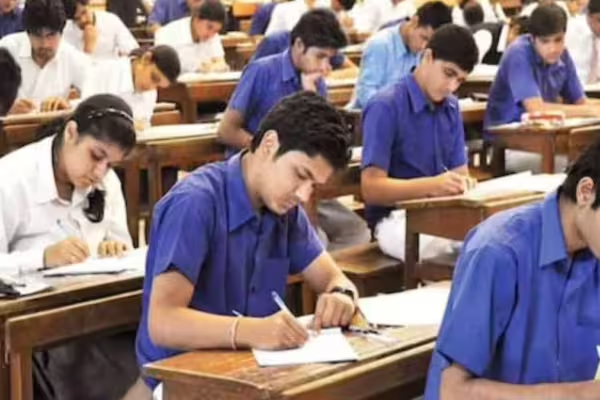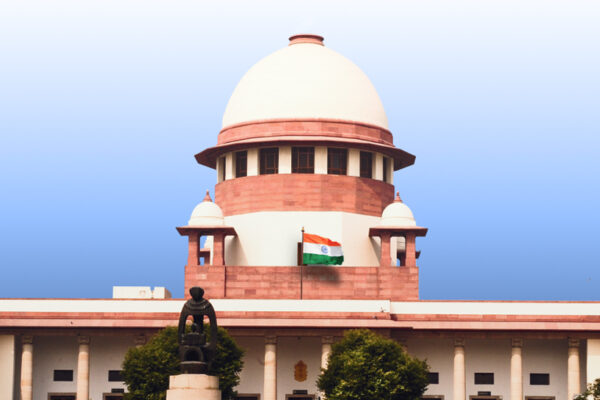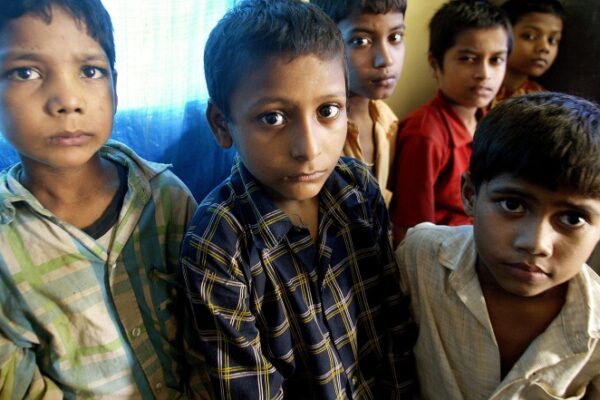
AN EXCAVATION ON: SUSTENANCE AND IMPLICATIONS OF THE UTTARAKHAND’S UNIFORM CIVIL CODE AND A BLUEPRINT FOR INDIA
Abstract: India incorporating heterogeneous population with a diversity concerned with marriage, inheritance, divorce, religious practices among tremendous religious sects and a promulgation of a homologous law indeed, has been a set of exchange of views. The national anthem itself that is – “Punjab”, “Sindhu”, “Gujarat”, “Maratha”, “Dravida”, “Utkala”, “Banga” verbalises the cultural heterogeneity across India….









